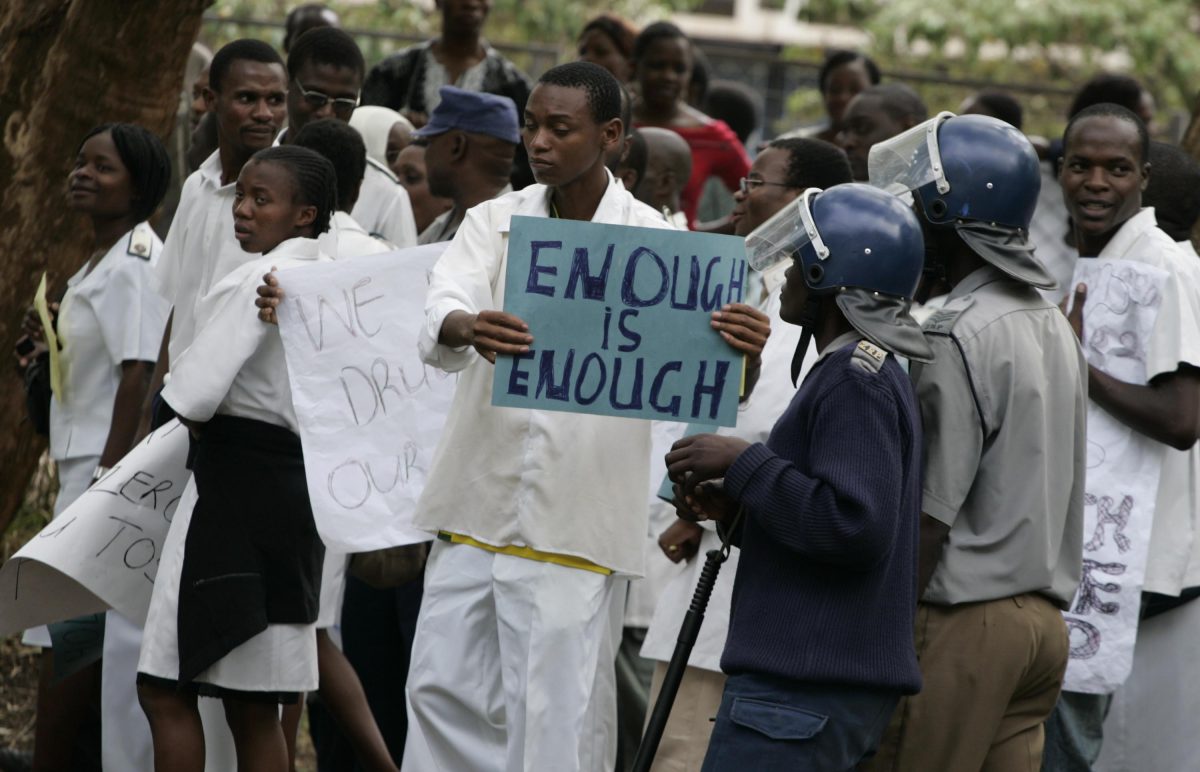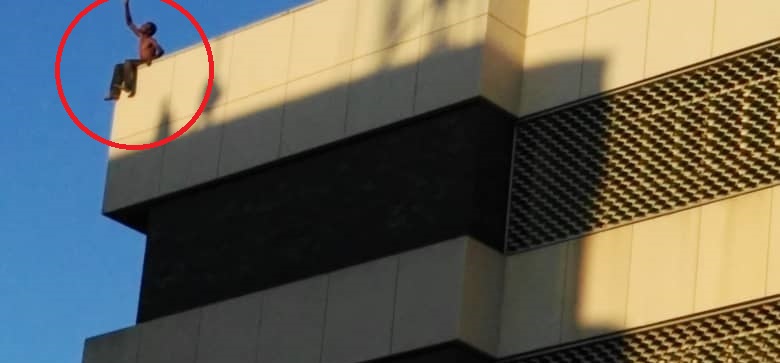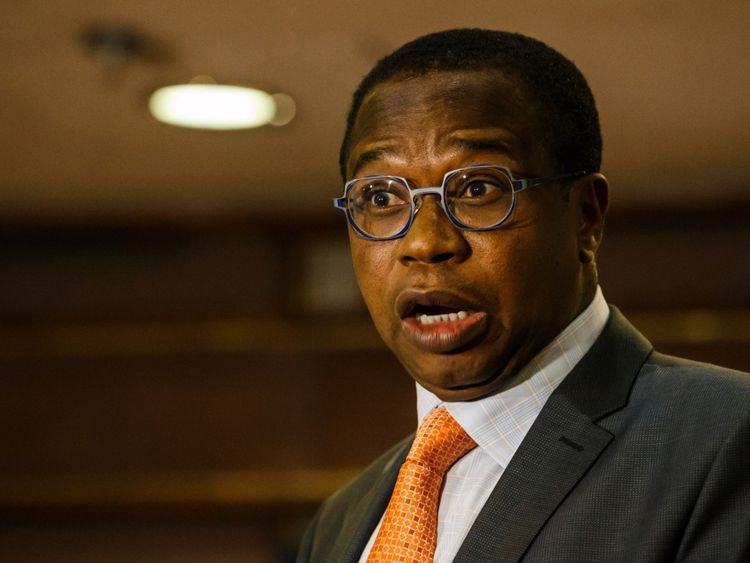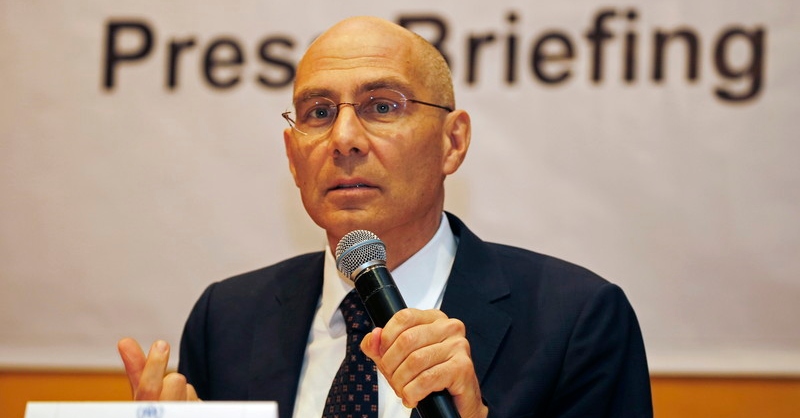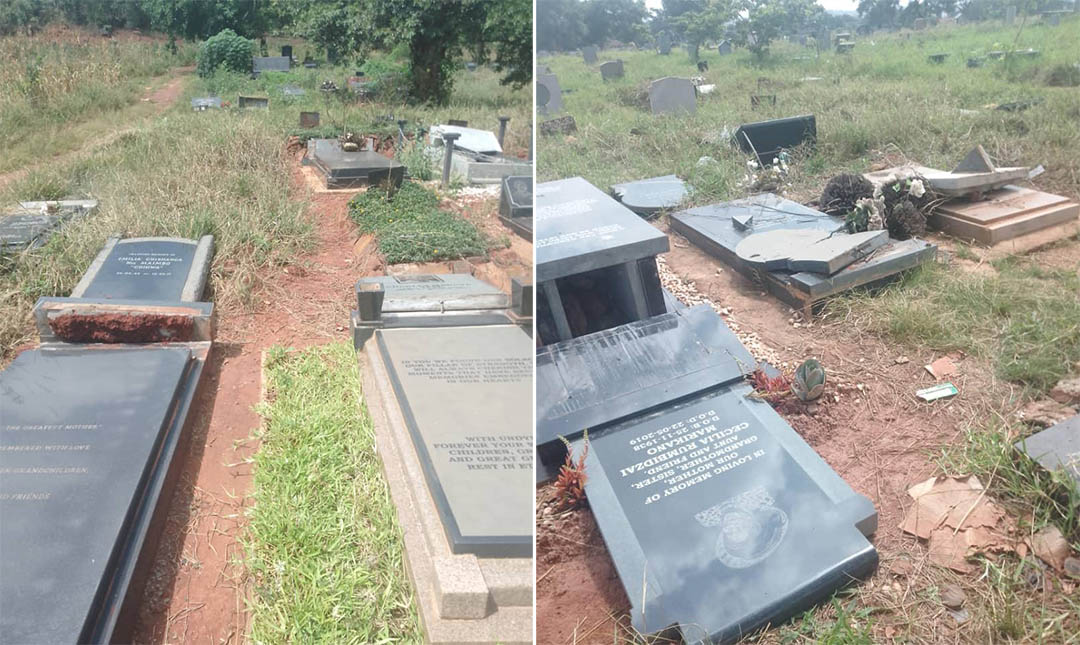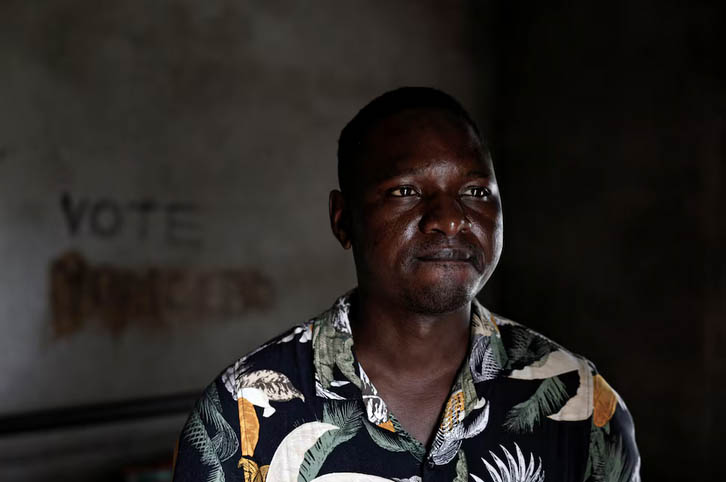HARARE – Doctors have demanded to be paid in foreign currency, warning that they would go on strike if that and eight other demands presented to the Health Minister on Monday were not met.
The Zimbabwe Hospital Doctors Association (ZHDA) told Health Minister Obadiah Moyo that its members were “agitated and frustrated by working under deplorable conditions”. They suggested that a state of emergency be declared in the health sector.
“We hope these grievances will be looked into with the urgency they deserve, and solutions quickly put in place,” the doctors said.
The doctors said they were concerned by lack of drugs and equipment; understaffing; poor pay; long working hours; lack of government consultation; and declining standards in medical facilities run by health insurers.
“These long-standing grievances affect service delivery to our patients, and have resulted in the deterioration of quality of health care nationwide. These have been previously raised, but have recently been compounded by the prevailing economic conditions. It is our duty therefore to present these issues advocating on behalf of our patients, our members and the entire health sector,” the doctors added.
The doctors said they made representations to the government in February about lack of equipment and drugs in hospitals, and had received assurances that $22 million had been allocated to ease the problem, and improvements will start being noticed in July.
“What is on the ground is contrary to this, and patients have to buy medication from private pharmacies, which also have run out of stock and/or are demanding United States dollars. We implore the government to prioritise the health sector in allocating foreign currency, and to seek aid from its international partners. It may be prudent to declare a state of emergency in our sector,” the doctors told Moyo.
The doctors also want the government to unfreeze health posts, warning that hospitals were failing to cope due to a shortage of doctors,
“We implore the government to unfreeze critical posts and increase the current establishment and staffing levels. If the personnel are not available, an overtime or locum allowance should be payable to those doing more work than they are warranted to do,” they said.
Fiscal and monetary policies announced on October 1 had triggered a sharp increase in the prices of basic commodities, also occasioning shortages, the doctors noted. Some retailers were also demanding foreign currency and not accepting RTGS payments.
In March, the doctors said the government had agreed to pay them in US dollars to avert strikes.
“As of this month, our members were paid in RTGS and cannot access basic goods and commodities, let alone travel to work. We implore the government to pay salaries in US dollars as previously agreed. Furthermore, we request non-monetary incentives such as fuel to be available to our members and the civil service at government prescribed rates. Most hospitals have fuel tanks,” they said in their demands.
They complained that the government had not prescribed working hours for middle level and senior doctors. Coupled with a shortage of doctors, this has led to some doctors being overworked without compensation, the doctors said.
In their proposals, they want middle level doctors to work for not more than 10 calls per month, each lasting no longer than eight hours and any extra to be paid as locum.
In some central hospitals, junior doctors are the first point of contact with the patient, despite a requirement that they should work under supervision.
Said the doctors: “Whilst we understand that this may be due to short staffing, it is our role to protect patients at all costs and ensure quality of care.”
The doctors also noted that two commissions of enquiry into the health sector had called for the establishment of an independent Health Service Commission. They want this commission set up urgently, and the abolishment of the government-controlled Health Services Board “which is not independent in both policy and finances.”
The doctors also demanded to be included in the administration of hospitals, stating that “most members feel that the incumbent administrators are not health-oriented, as evidenced by their lack of a medical background and the haphazard running of hospitals.”
They want the management structures at all hospitals reviewed so that medical professionals get a seat in the administration.
Controversially, the doctors have also demanded that medical aid insurance firms be stopped from opening their own hospitals and clinics.
“We note with concern that most medical aid societies have branched into providing medical care for their clients. Examples include PSMAS and PSMI, CIMAS and CMAS clinics, and CELLMED. This brings about conflict of interest and ultimately poor patient care,” argued the doctors.
“Furthermore, the returns to government hospitals are minimal if any. We implore government to have a comprehensive National Health Insurance for every citizen, to ensure access to health for all. Furthermore, may the government put in place laws prohibiting insurers from being service providers.”
